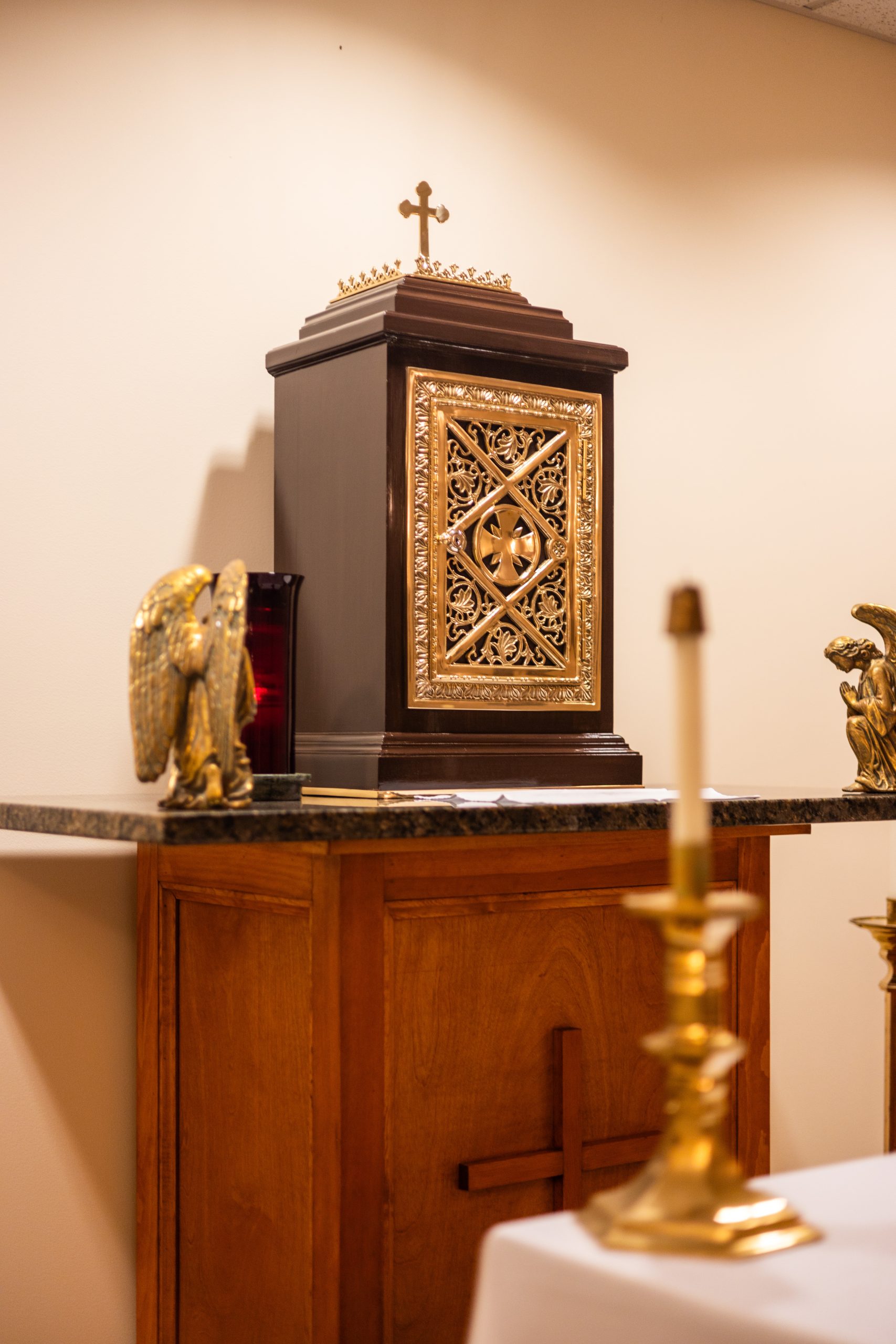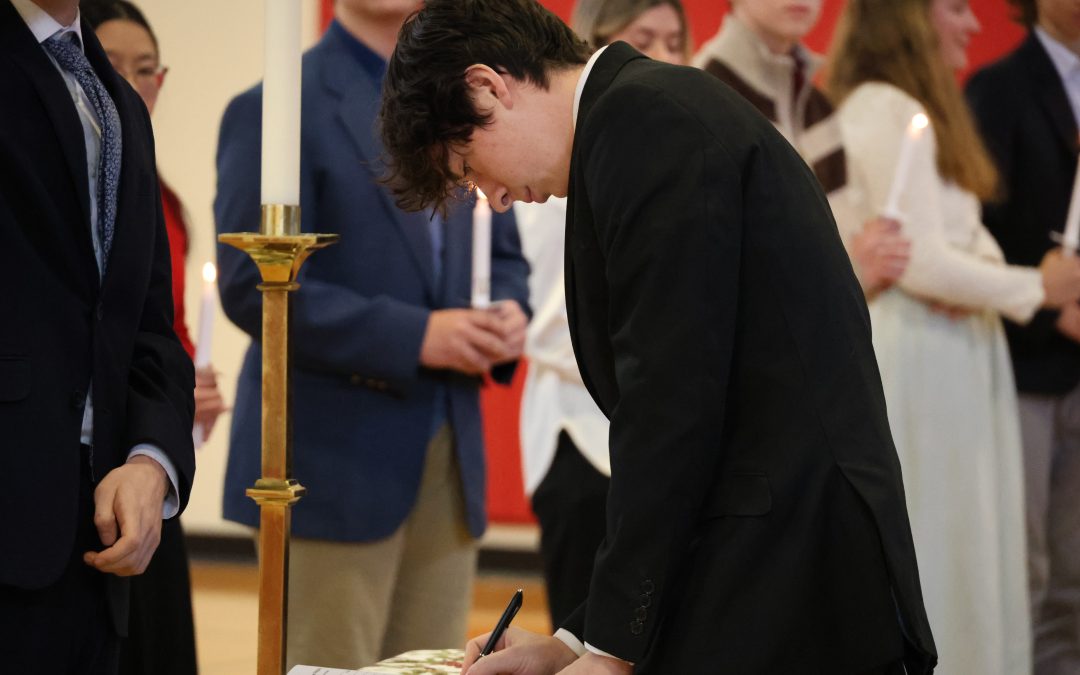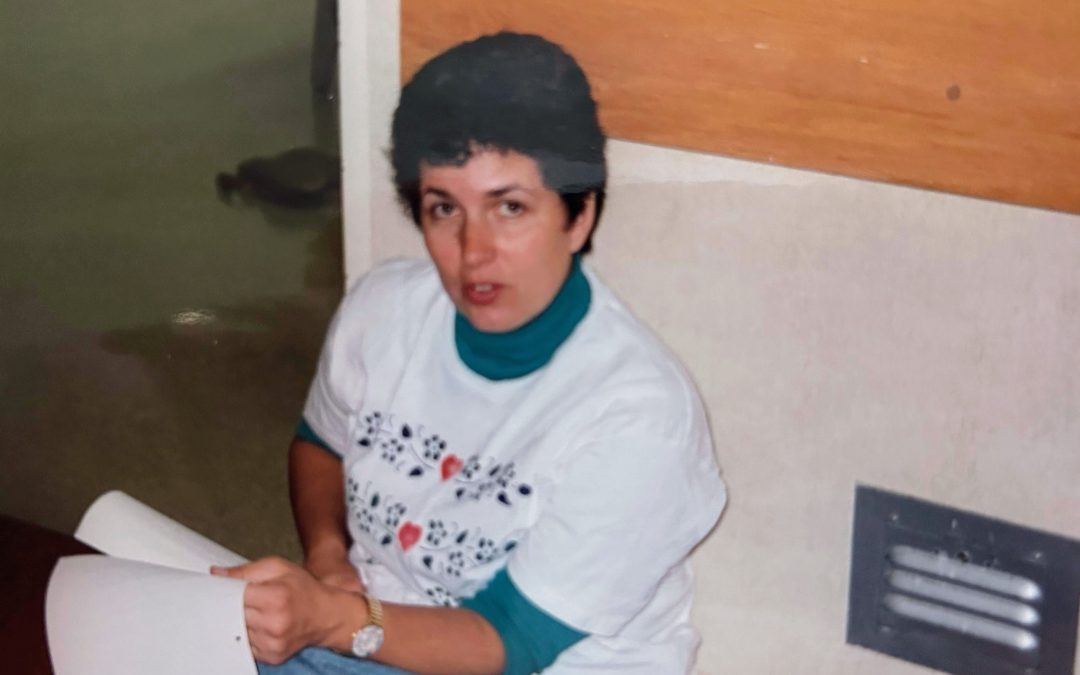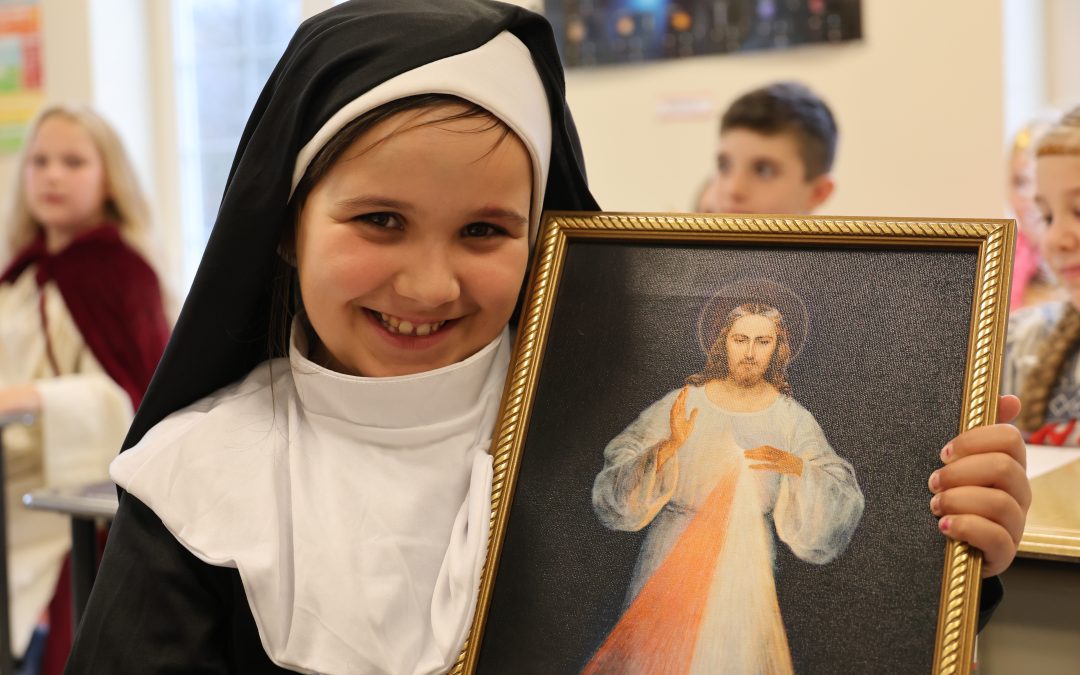
We all know the stage where children persistently ask the “why” question. We had our Joey doing that this summer with high frequency, and being home more brought that into focus for me. It kept me on my toes, as I was forced to question why I even communicated the way I was at the time.
The “why” is a big deal. We should not disregard these primitive intuitions of the typical three or four year old child. It is the start of wonder, a distinguishing capacity of the human person. And we should all wonder what this is for, with the same raw childlike seeking, devoid of that skepticism which comes from a seasoning of seeing those parts of our human existence that are not conducive to a legitimate reason (tragedy, trauma, and senseless mistakes we see in ourselves and in others).
Is there a reason for everything? Well, yes, of course. Do we always know it at the time? No. Can we ask God for that wisdom from on high to see it like He does? Yes, we sure should. It is his wisdom and our discernment that need to align.
2024 is the thirtieth year of our school’s existence. Why have we made it this far? Because of our shared sense of mission. We have a unity of purpose, and that singular purpose is to raise saints. I saw it the first moment I walked on campus in August of 2009, through the teachers who believed what they taught.
But this purpose is not becoming any easier in 2024. The studies will be forthcoming and we all know the elephant in the room. Children do not have to wonder anymore because society suggests that screens hold all the answers to our desire for socialization.
Children are not given the presence they need. Children are not given an opportunity to wonder. Children are given screens instead. These screens replace the human presence. These screens replace wonder. These screens are not an accurate representation of reality, nor do they lead to authentic human flourishing.
This is antithetical to a classical education, which is our mission.
In Simply Classical: A Beautiful Education for Any Child, Cheryl Swope articulates this distinction between the purely pragmatic and the humanistic vision of classical education:
“Formative, classical education teaches for the formation of the student himself. Formative education’s verbs are intransitive; they have no direct objects. Classical education strives to teach students to think, discern, reason, aspire. In classical education, the cultivation of the human being is sufficient in itself…
The formative nature of classical education distinguishes it from much of education today. No matter the skill to be taught in classical education, the strengthening of the child’s mind, the mastery of content, and the formation of character transcend the skill. This is not so in all educational programs, and especially those that are experimental, pragmatic, or entertainment-based…
In classical education, both skill and content matter. A classical education intends to be formative, and knowledge is to be acquired with wisdom and discernment.”
The end of education is a subject, not an object. It is the human person, a subject that ought never to be objectified.
The Church has never wavered in her efforts to promote authentic and integral human development, or succinctly stated: to educate. She has always advocated for the role of parents in education. There is no other institution right now that continues to declare parents as primary educators.
“Parents who have the primary and inalienable right and duty to educate their children must enjoy true liberty in their choice of schools.” (Gravissium educationis)
What therefore is the role of a Catholic school? To transform culture.
“No less than other schools does the Catholic school pursue cultural goals and the human formation of youth. But its proper function is to create for the school community a special atmosphere animated by the Gospel spirit of freedom and charity, to help youth grow according to the new creatures they were made through baptism as they develop their own personalities, and finally to order the whole of human culture to the news of salvation so that the knowledge the students gradually acquire of the world, life and man is illumined by faith. So indeed the Catholic school, while it is open, as it must be, to the situation of the contemporary world, leads its students to promote efficaciously the good of the earthly city and also prepares them for service in the spread of the Kingdom of God, so that by leading an exemplary apostolic life they become, as it were, a saving leaven in the human community.” (Gravissium educationis)
This is surely a lofty and intimidating prospect to which I say, “What else is working right now?” Catholic schools have stood the test of time because we revere those timeless truths grounded in our human nature that will bring us lasting joy.
We are thus counter to the culture. We are of this world but we know it does not suffice. This world provides because God ordains so, but it is a temporary provision. The why cannot be answered all at once, however in due time, there is a convergence of truth discovery. The pieces do fit together and God intends to make it known to us.
All of this context for the final delivery. We have some major changes (improvements) coming this year. Not all of them can be unpacked right now. I encourage all of you to attend our Back to School Information Session on August 22nd. It will be hosted remotely so we can savor these final leisure moments of summer.
No change will be bigger than this: we are now operating as a “phone free zone”. This means no phones for students during all school activities. It also means teachers have to put their phones away. No more smart watches either, for any of us.
Why strengthen this policy? I invite you to pray and contemplate this issue before looking for answers.
I will certainly share more of the background at the informational session.
We look forward to another year of strong partnerships with parents to raise God’s children into saints! – Mr. Derek Tremblay, Headmaster



